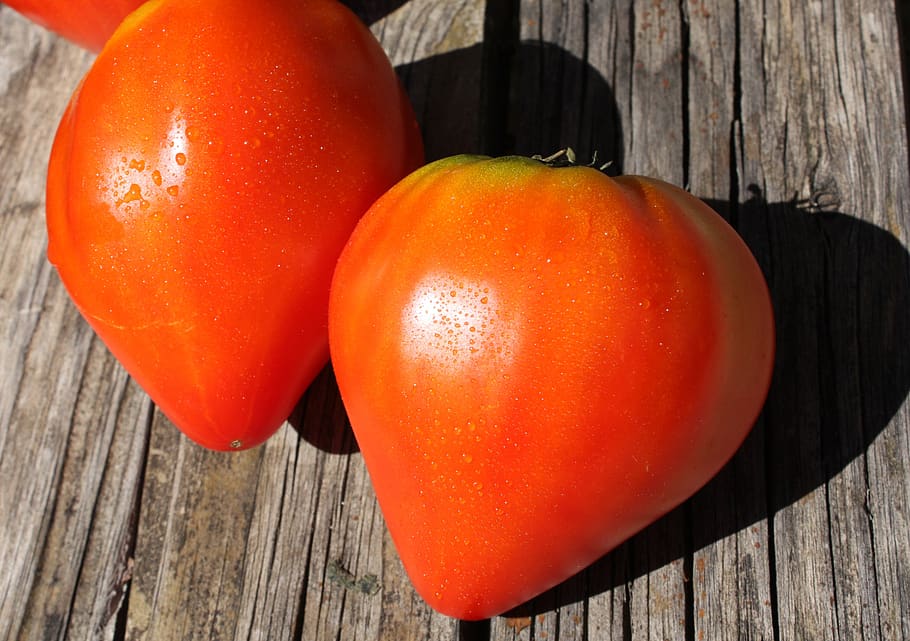How Long Can You Live Without Food?
Starving yourself is a dangerous thing. No matter the circumstance — whether it’s a decision to fast for health or religious purposes, or a lack of access to food due to poverty — no one should ever be completely deprived of food for an extended period of time. But just how long can you live without eating?
How Our Bodies Survive Without Food
Our bodies have an amazing capacity to survive even very long fasts. The human body is designed to enter “survival mode” in the absence of enough food to fuel it. During starvation, the body responds by conserving energy, burning fat and muscle protein for energy instead. As the body begins to run low on carbohydrates, the liver starts to metabolize fatty acids and produce ketone bodies, which can be used as an alternative energy source.
Humans can usually survive without food longer than they can go without water. After two days without food, the body will pull energy from its own muscle, breaking down protein and fat, and go into a state known as “ketosis”, a metabolic state where the body begins breaking down fat for fuel.
How Long Can You Survive Without Food?
It’s impossible to predict exactly how long a person can survive without food. Factors such as age, sex, body size, and health can all have an impact on how long a person can survive without food. However, it’s generally accepted that a human can survive without food for at least a month and possibly up to two months.
The longest recorded period of time any human has gone without food is 382 days while conscious. That record was set by British hunger striker and prison reformer, Mahatma Gandhi who, in 1921, chose to fast for 21 days to protest the Indian government’s policy of allowing violence against its citizens.
The Dangers of Starvation
Starvation can have drastic and irreversible effects on your body and mind. Even after a few days without food, your body will experience several physical and psychological changes. Physically, you’ll feel significantly weaker due to a lack of energy, and you may experience headaches, dizziness, confusion, and low blood pressure. Prolonged starvation can also lead to heart complications, impaired organ function, and a weakened immune system.
Psychologically, a lack of food can lead to issues such as depression, irritability, and hallucinations. These effects can worsen as time passes and can lead to severe medical problems, including death.
Conclusion
For a healthy individual, the longest they can safely live without food is around two months. But even a few days without food will cause physical and psychological changes, and prolonged periods without food will present a severe risk of medical complications or even death. It’s important to always make sure that you’re getting enough calories to fuel your body. So, if you or someone you know is experiencing a lack of food, take steps to get to a safe and sustainable food supply.



